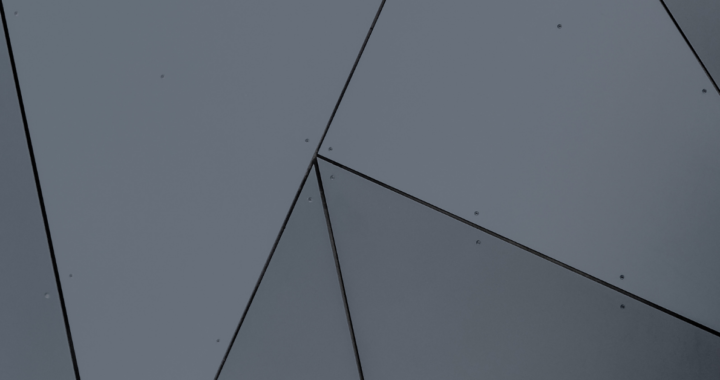On 6 July 2021, the Copyright Bill (the “Bill”) was tabled in Parliament.
The Bill seeks to repeal and replace the current Copyright Act. Further, the Bill aims to strengthen the Singapore copyright regime and will introduce several new rights and exceptions.
We have set out below a high-level summary of some of the proposed key changes. This list is not exhaustive. If the Bill is passed, most of its provisions is expected to be operationalised in November 2021.
Key changes
- Right of creators and performers to be identified
Creators and performers will have to be properly attributed for their works in a clear and reasonably prominent manner.
- Creators of certain works will be the first owners by default
Creators of photographs, portraits, engravings, sound recordings and films will by default (unless otherwise agreed in a contract) be the first owners, even if they were commissioned to make those works.
- New equitable remuneration rights when sound recordings are broadcasted or publicly performed
Sound recording companies will have a new right to collect licence fees for the broadcast or public performance of commercially published sound recordings.
Such licence fees may be administered and collected by collective management organisations (CMOs).
- New permitted use exceptions for computational data analysis
Copyright works, if lawfully accessed, may be used for computational data analysis (e.g. sentiment analysis, text and data mining, or training machine learning), without needing to seek each copyright owner’s permission.
- New permitted use of works for educational purposes
Schools and students may use freely available online resources for educational uses, without having to seek each copyright owner’s permission. This is provided that the source is acknowledged, and the date of access is cited.
- Expiry date for protection of unpublished works
Copyright protection of literary, musical, dramatic, and artistic works will expire 70 years after the author dies, whether such work is published or unpublished.
For anonymous or pseudonymous authorial works and films, the copyright protection on such works will expire 70 years after the work is made, after being made available to the public, or after the work is first published (as the case may be).
- Re-categorising “fair dealing” exception
The general “fair dealing” exception will be changed to the more commonly used “fair use” term.
In addition, the requirement to demonstrate in all cases the possibility of obtaining a work within a reasonable time at an ordinary commercial price will be removed.
- Exceptions that cannot be restricted by contracts
The current list of “permitted uses” exceptions that may not be restricted by contract will be expanded to include additional exceptions, most notably, computational data analysis (e.g. data mining).
In addition, all other exceptions may only be excluded or restricted by contract if:
- the contract is individually negotiated (i.e. not a standard form contract, such as an end-user licence agreement (EULA)); and
- the term is “fair and reasonable” having regard to the circumstances that are known to the parties when the contract is made.
Practical pointers
We have the following practical pointers to make:
- First, an organisation can consider requesting the creator of a work to waive his/her right to be identified if it is commercially necessary or desirable to avoid identification. The waiver must be in writing and signed by the creator.
- Second, if an organisation intends to own the copyright in a commissioned work, it should consider obtaining an assignment from the creator of the latter’s rights.
- Next, if an organisation does not intend its work which is published online to be accessed due to the computational data analysis exception, it can consider setting up a framework to prevent or minimise such access (e.g. a paywall). However, the organisation should note that if the person relying on the exception (e.g. a data miner) complies with the conditions set up by the framework (e.g. registering as a paid subscriber), he/she will be able to use the work for computational data analysis regardless of whether the terms of use forbids this.
- Organisation should review and amend if necessary, their existing contracts (standard form contracts and contracts that are individually negotiated) to determine whether there are terms in those contracts that restrict the operation of any copyright exceptions. Not every existing contract needs to be amended to remove such restrictive terms, however, as in practice, a restrictive term is likely to be challenged only if it is sought to be enforced, and the organisation may not actually wish to enforce such a term. Nevertheless, organisations may consider amending the specific contractual terms to take into account the changes that the Bill will bring about.
If you would like to discuss the practical implication of the Copyright Bill, please contact Thomas Choo or Zhen Guang Lam

